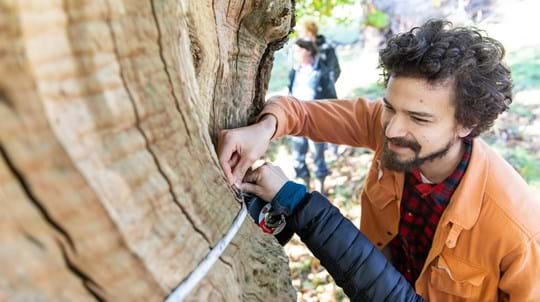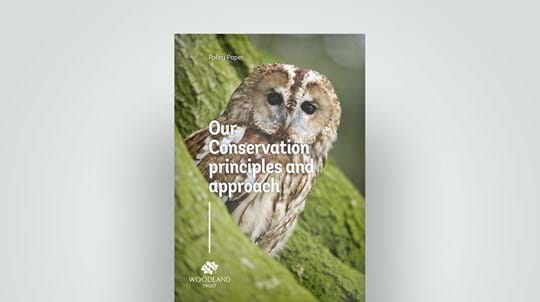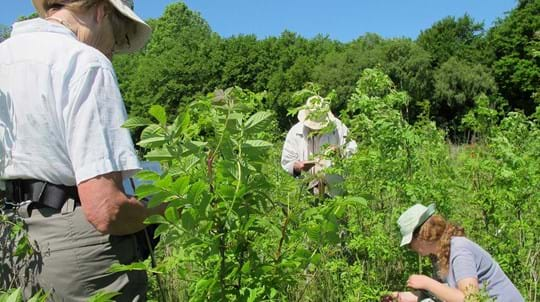
About us
Using Woodland Trust sites and data for research
Our valuable portfolio of sites and datasets are available for research and biological recording, to further the scientific understanding of conservation. Find out more about what might be available to you.




